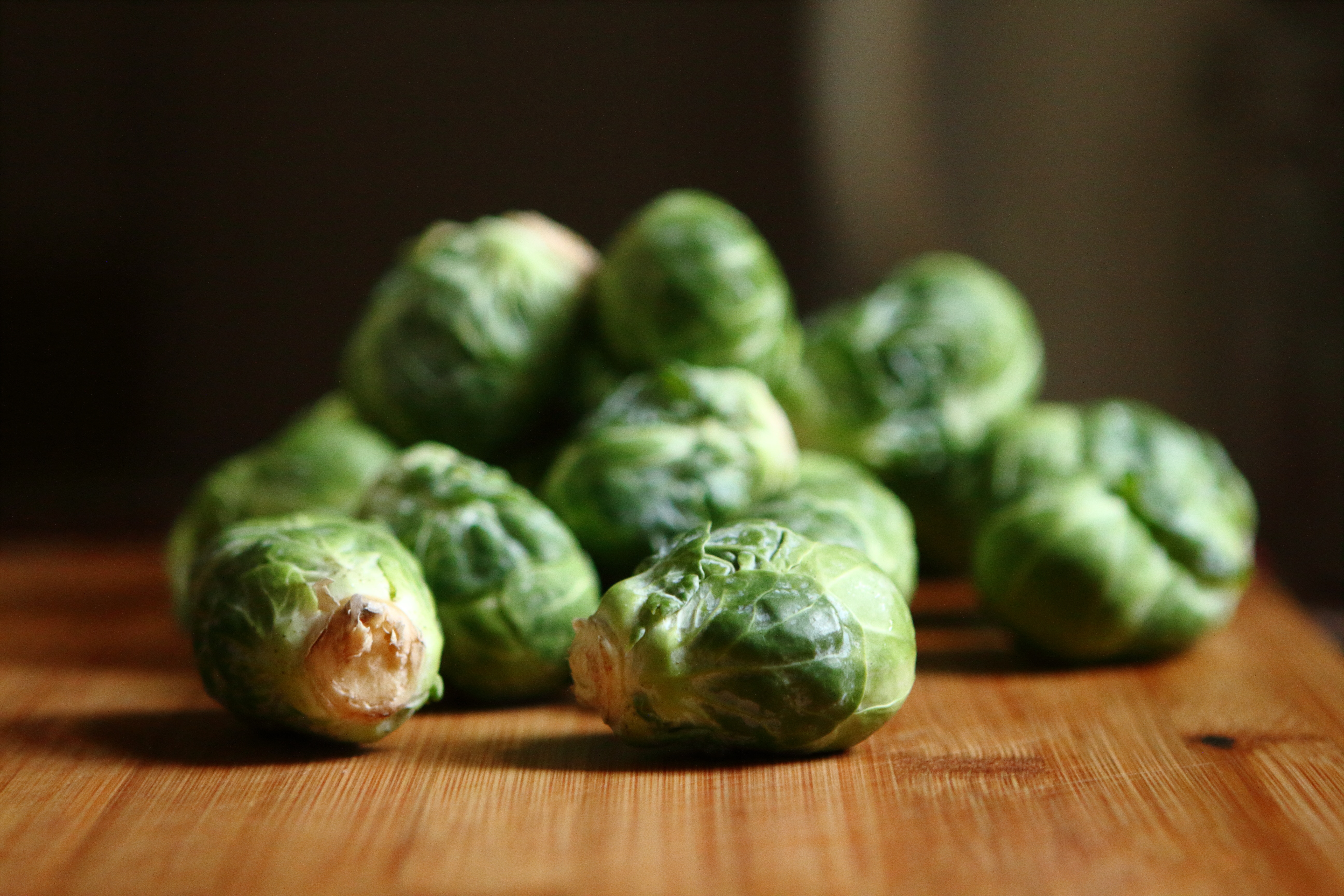by Katherine Carr
It’s Christmas day and dinner is about to be served. Everyone is sat down ready to begin. Someone hands you a bowl and suddenly time freezes. Your heart is racing because you know what’s in that bowl; every year the same thing resides in that dish and every year you try to pass it on untouched. A bead of sweat escapes from your paper Christmas-cracker crown. A cough brings you back to the table and you realise too much time has passed. All the other guests are looking at you, expectantly. You have no choice. You take the token Christmas sprout. Hurriedly, you pass the bowl on.
Economics dictates that we are rational human beings and should act in a way which maximises our own personal utility. In other words, we should do whatever would make us most fulfilled. This process is usually subconscious, but you’re probably aware of it in difficult decision making situations. In this scenario we have a single sprout sitting on your plate. Before everyone noticed you hesitate, the utility maximising option would have been to simply pass on the bowl on and avoid the sprout scenario altogether. However, the expectant attention from other guests made you alter your actions; avoiding the sprout was no longer the utility maximising option, but why? Either: Continue reading “An economist’s perspective on the Christmas dinner dilemma”

